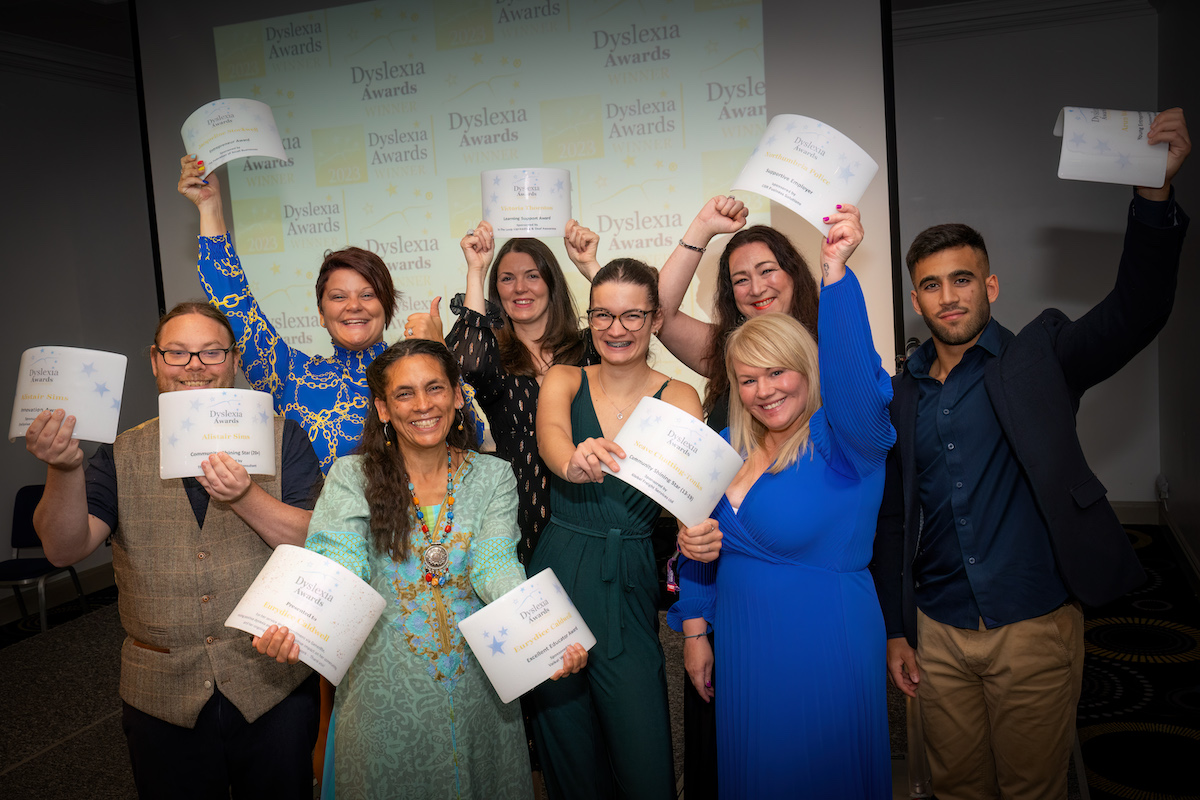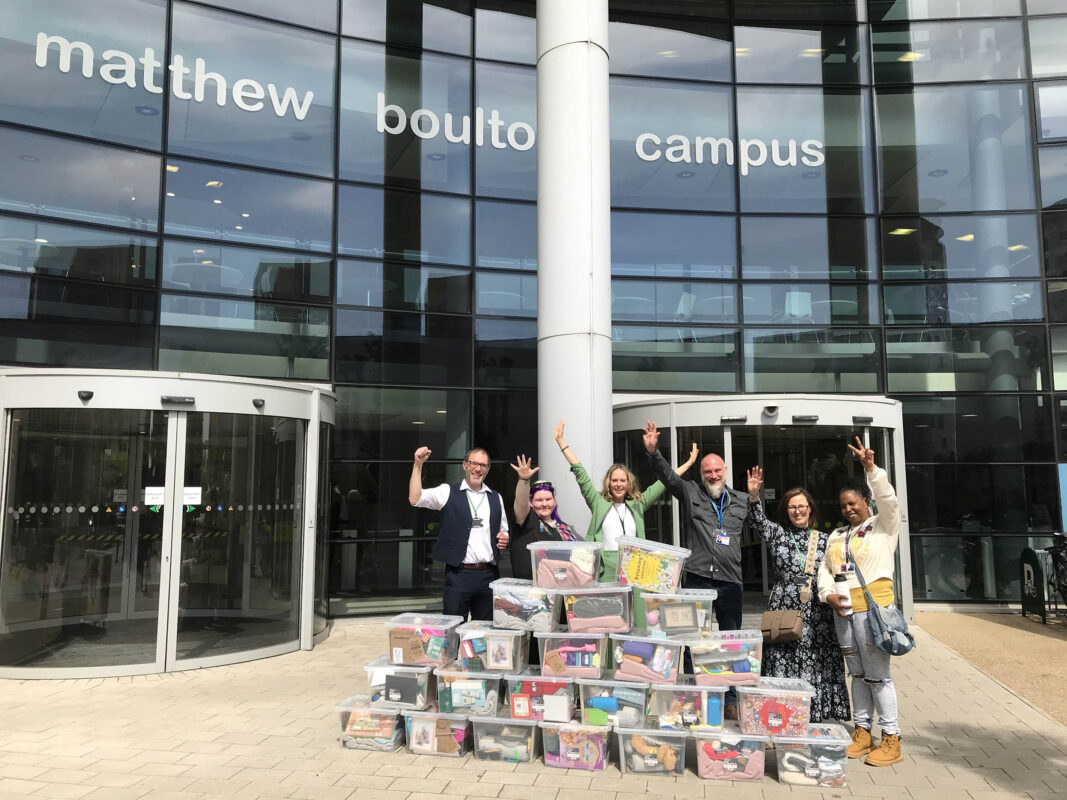Bridging the Gap: The Power of Education in Overcoming Socioeconomic Inequalities

Imagine a world where everyone has equal opportunities to succeed, regardless of their background or circumstances. Unfortunately, this is not the reality for many individuals and communities facing socioeconomic inequalities. These disparities, deeply rooted in various factors, can often become daunting barriers to progress. However, there is one powerful tool that has the potential to break down these barriers and open doors to a brighter future: education.
In this blog post, we will delve into the crucial role education plays in reducing socioeconomic inequalities. We’ll explore how education can empower individuals, provide access to better opportunities, and drive positive change in society. Together, let’s unravel the transformative power of education to create a more equitable world.
Understanding Socioeconomic Inequalities
Before we dive into the impact of education, let’s take a moment to understand the gravity of socioeconomic inequalities. These inequalities refer to the disparities in income, wealth, and opportunities that exist among different groups within a society. They encompass factors such as access to quality education, healthcare, housing, and employment.
These disparities create a vicious cycle where those from low-income backgrounds find it challenging to escape poverty due to limited access to resources and opportunities. As a result, generational poverty becomes a significant hurdle to breaking free from the cycle of inequality.
The Role of Education in Reducing Inequalities
Education is a powerful equaliser that can level the playing field and provide individuals with the tools they need to overcome socioeconomic barriers. It goes beyond teaching academic subjects; education fosters critical thinking, problem-solving, and resilience, empowering individuals to navigate life’s challenges successfully.
When individuals have access to quality education, they gain a sense of empowerment and hope for a better future. Education can act as a stepping stone for social mobility, enabling individuals to rise above their circumstances and achieve their full potential.
Access to Education
Despite the transformative potential of education, access to it remains a significant challenge for many disadvantaged communities. Poverty, discrimination, a lack of resources, and inadequate infrastructure create barriers that prevent equal access to education for all.
To bridge this gap, governments, non-profit organisations, and communities must come together to implement initiatives that promote equality and diversity training within educational institutions. These programmes should address not only financial barriers but also social and cultural factors that hinder educational access.
Scholarship programmes, mentorship initiatives, and community outreach can play a pivotal role in ensuring that all individuals have equal opportunities to pursue education and unlock their potential.
Empowering Through Skill Development
Beyond academic knowledge, education must also focus on developing practical skills that are relevant to the job market. Empowering individuals with in-demand skills equips them with the tools they need to secure gainful employment or even become entrepreneurs in their own right.
Vocational training programmes can be particularly impactful in this regard. By offering training in trades and technical skills, individuals can gain access to a wide range of job opportunities and contribute to their local economies.
Education and Employment Opportunities
Education and employment go hand in hand. As individuals acquire higher levels of education and specialised training, they become more eligible for better job opportunities and career advancement.
This increased employability directly contributes to reducing the wage gap and promoting economic stability within communities. A workforce that is well-educated and skilled not only strengthens the economy but also leads to greater social cohesion and harmony.
Education for Social Change
Education is not only about individual empowerment but also about fostering a sense of empathy and understanding among people from diverse backgrounds. By promoting equality and diversity training within educational institutions, we can create a society that celebrates differences and rejects discrimination.
Inclusive education that celebrates various cultures, languages, and histories plays a vital role in challenging stereotypes and promoting mutual respect. When individuals are exposed to diverse perspectives, they become more open-minded and accepting of others, contributing to a more cohesive and harmonious society.
Government and Policy Interventions
Addressing socioeconomic inequalities requires a collective effort from governments, policymakers, and communities. Governments must prioritise education and invest in improving the quality of schools and educational resources in underserved areas.
Policy interventions that promote equality and diversity training in educational institutions can have a far-reaching impact. By embedding these principles into the curriculum, we can shape the minds of the next generation to be more compassionate, understanding, and proactive in addressing societal challenges.
Conclusion
Education has the transformative power to break down barriers, overcome socioeconomic inequalities, and create a more equitable world. By providing access to quality education, empowering individuals through skill development, and promoting equality and diversity training, we can bridge the gap and ensure that everyone has an equal opportunity to succeed.
As individuals, communities, and societies, we must embrace the potential of education as a catalyst for positive change. By investing in education and supporting initiatives that promote equal access to learning, we can work together to create a future where every individual can reach their fullest potential, regardless of their background. Let us stand united in our commitment to bridging the gap and building a more inclusive and prosperous world for all.











Responses